India’s education system is renowned for its high level of competition and rigorous examination process. Whether you are wrapping up high school, preparing for undergraduate studies, or pursuing postgraduate education, exams play a crucial role in your academic journey. Moreover, the competitive nature of these exams extends into the job market, where numerous rounds of selection—including written tests and interviews—are common in both public and private sectors. Thus, exams are an integral part of everyone’s academic and professional life.
Among the multitude of exams administered in India, some are notoriously difficult and are considered the toughest exams in India due to their rigorous testing standards and competitive nature. Here, we take a closer look at ten of the most challenging exams in India.
Top 10 Toughest Exams in India
1. IIT JEE Advanced
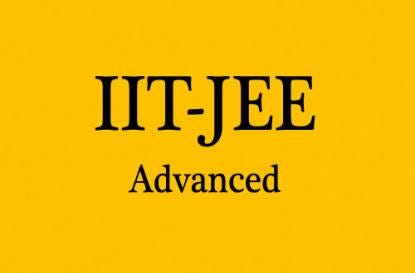
The IIT JEE Advanced is widely regarded as one of the toughest exams in India. It serves as the gateway for admission into undergraduate programs at the Indian Institutes of Technology (IITs). This exam is crucial for students aiming for bachelor’s, integrated master’s, or dual degree programs in engineering, science, or architecture. To gain entry into an IIT, candidates must first clear the JEE Mains, followed by the JEE Advanced. The selection rate for this exam is approximately 25-30%, highlighting its competitive nature.
2. GATE

The Graduate Aptitude Test in Engineering (GATE) is a national-level online examination that assesses candidates’ understanding of various engineering and science subjects. It is used for admissions to prestigious institutions like the Indian Institutes of Technology (IITs), Indian Institutes of Information Technology (IIITs), National Institutes of Technology (NITs), and other universities offering Master of Technology (MTech), Master of Engineering (ME), and direct PhD programs. GATE is also employed by public sector companies for recruitment purposes. With a selection rate of about 17%, it is considered one of the toughest exams globally.
3. UPSC Civil Services Exam
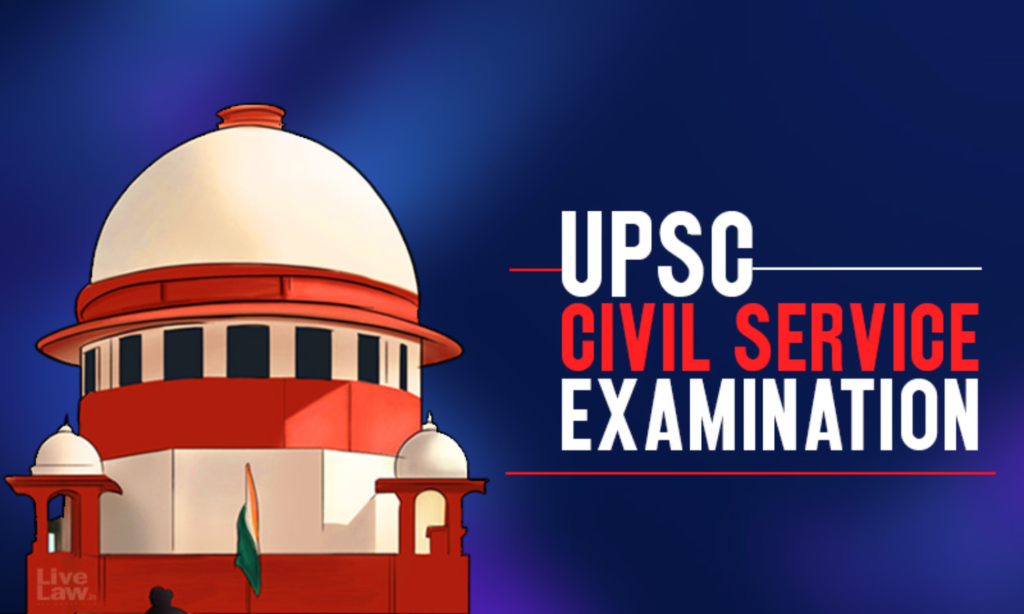
The Union Public Service Commission (UPSC) Civil Services Examination, commonly known as the IAS exam, is arguably one of the most challenging exams in India for those aspiring to work in administrative roles within the Indian government. This national-level exam is conducted in three stages: preliminary, main, and interview. It is designed to recruit candidates for various prestigious positions, including the Indian Police Services (IPS), Indian Administrative Services (IAS), and Central Civil Services. The selection rate for this exam is extremely low, ranging from 0.1% to 0.3%, reflecting its high difficulty level.
4. NEET (National Eligibility cum Entrance Test)

Administered by the National Testing Agency, NEET is considered one of the toughest exams in the medical field. It is the sole entrance test for several undergraduate programs, including AYUSH, Bachelor of Medicine (MBBS), Bachelor of Dental Surgery (BDS), and veterinary programs. The exam encompasses questions from chemistry, botany, physics, and zoology, totaling 720 points. To be eligible, candidates must be at least 17 years old. The selection rate for NEET is approximately 6.5-7%, demonstrating its stringent nature.
5. ICAI CA Exams
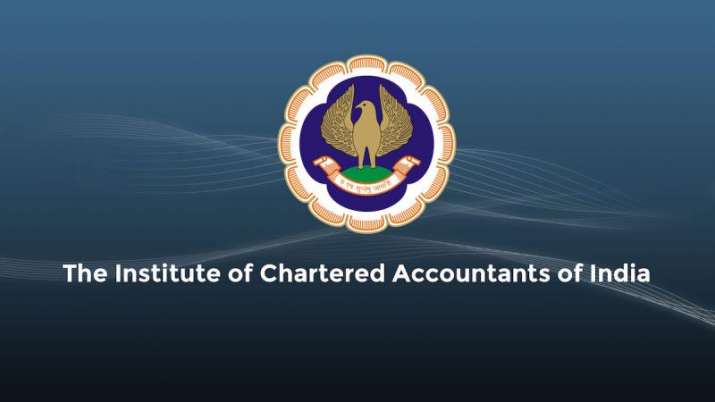
The Institute of Chartered Accountants of India (ICAI) conducts the Chartered Accountancy (CA) exams, which are known for their difficulty. The CA designation is highly valued in India, comparable to a postgraduate degree according to the University Grants Commission (UGC). The CA exam comprises three levels, and candidates must pass each level to qualify as a chartered accountant. With a selection rate of around 25%, it remains one of the toughest professional exams in the country.
6. Indian Institutes of Management Common Admission Test (IIM CAT)
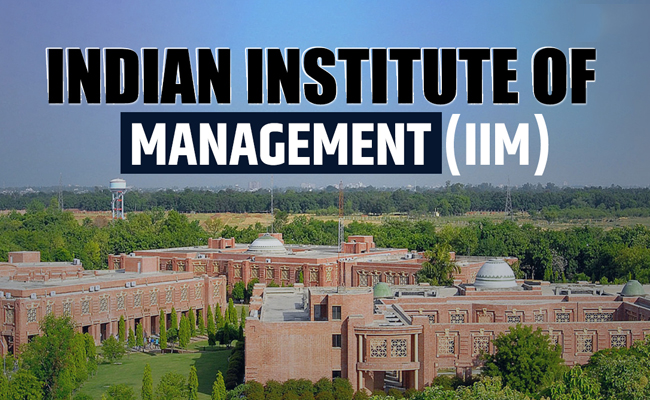
The Common Admission Test (CAT) is a crucial exam for graduates seeking admission to Indian Institutes of Management (IIMs). This highly competitive test assesses candidates’ abilities in logical reasoning, quantitative skills, data interpretation, and verbal ability. The selection rate for the CAT is a mere 2%, underscoring its challenging nature and the fierce competition among candidates.
7. CLAT (Common Law Admission Test)

The Consortium of National Law Universities conducts the Common Law Admission Test (CLAT) for admissions to undergraduate and graduate law programs at 24 national law universities across India. The CLAT exam comprises 150 questions across five sections: Logical Reasoning, English, Legal Aptitude, General Knowledge, and Mathematics. The exam is held offline and requires a minimum cut-off score. The selection rate is around 3%, highlighting its difficulty.
8. UGC-NET
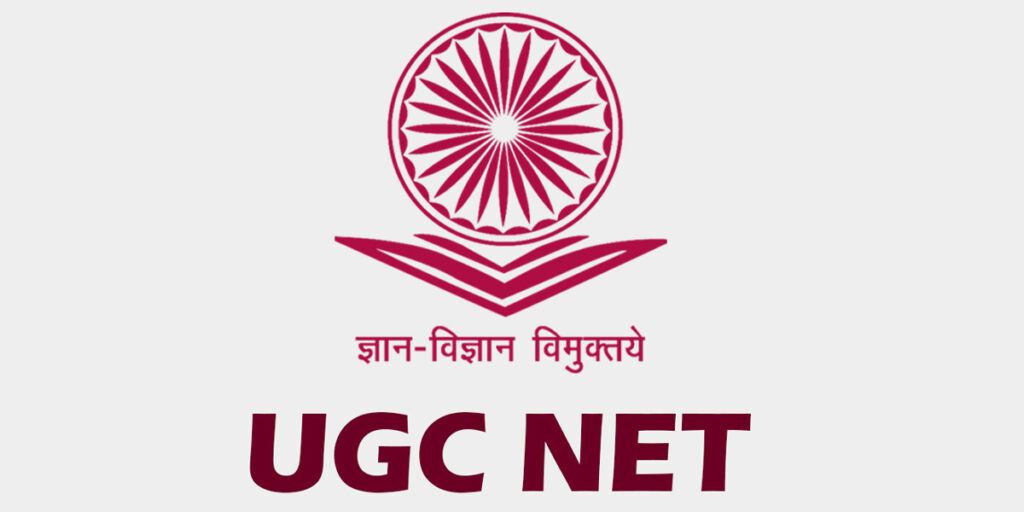
The University Grants Commission National Eligibility Test (UGC-NET) is designed for postgraduate students aiming to become assistant professors or junior research fellows. The exam is highly specialized and tests candidates’ knowledge in their respective subjects. Given the high level of expertise required and the limited number of candidates, the UGC-NET is among the toughest exams in India. The selection rate is approximately 9%.
9. CFA

The Chartered Financial Analyst (CFA) designation is a prestigious qualification for investment professionals globally. The CFA program is renowned for its rigorous coursework and examination process, which includes three levels of exams. Earning the CFA title is highly respected in the finance and investment management fields, making it one of the most challenging professional certifications worldwide.
10. NDA (National Defence Academy)

Administered by the Union Public Service Commission (UPSC), the National Defence Academy (NDA) exam is one of the toughest exams in India for those aspiring to join the defense services. The exam includes a written test and an interview with the Service Selection Board (SSB). It tests candidates on general ability and mathematics, covering general awareness and English. The NDA exam is conducted twice a year, and the selection rate is about 0.1%, reflecting its high level of difficulty.
Conclusion
The toughest exams in India present significant challenges to aspirants, testing not only their knowledge but also their aptitude, technical skills, and mental resilience. Succeeding in these exams requires immense dedication, hard work, and perseverance. However, clearing these rigorous tests can lead to rewarding career opportunities and fulfilling futures. The pursuit of such challenging exams is a testament to the high standards and competitive spirit embedded in India’s educational and professional landscape.


